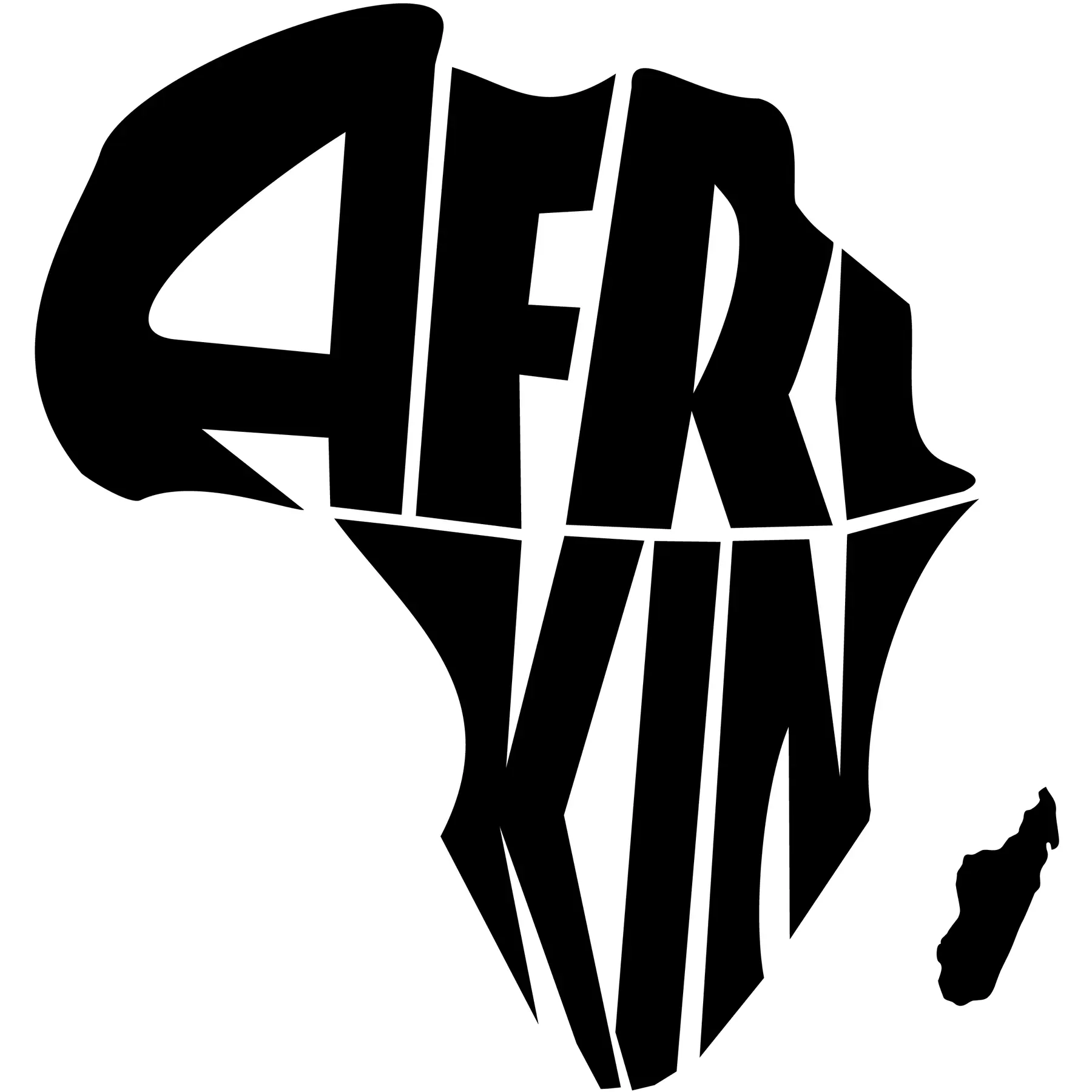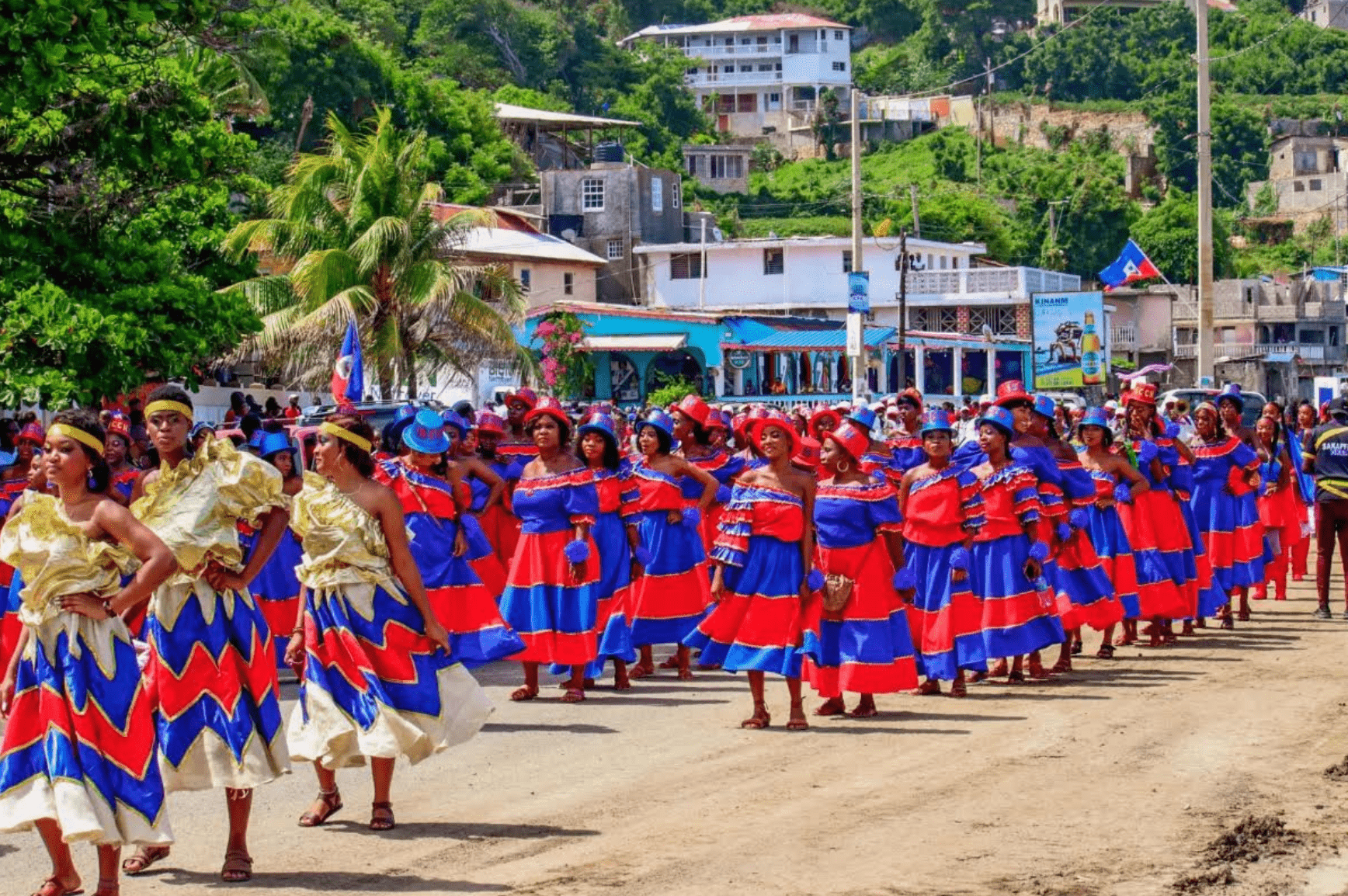Onè! ak Respè!
Haitian Heritage Month is celebrated every May to recognize and honor the rich cultural heritage of Haitians. This month-long celebration highlights the contributions and achievements of Haitian people. There are Haitian populations worldwide, and the contributions of Haitian people have made a global impact worthy of celebration.
Haitian Heritage Month has its roots in Haitian Flag Day, which is celebrated on May 18th each year. This day commemorates the creation of the Haitian flag in 1803, following the country’s successful revolution against French colonial rule. Originally Haiti shared the same Tricolor flag as France, however, in 1803 the middle white band was removed leaving only the blue and red band as a symbol of the black and mulatto population. Haitian Flag Day is an important symbol of Haitian independence and pride, and it is celebrated by Haitians around the world.
The Haitian flag is a symbol of great pride and identity for the Haitian people, and its colors hold significant meaning. The flag consists of two horizontal blue stripes, one on top and one on the bottom, with a red stripe in the middle. The blue stripes represent the Haitian people’s African ancestry, as well as their commitment to freedom, unity, and loyalty. The red stripe symbolizes the blood shed by Haitian soldiers during the revolution for independence, as well as their courage and determination to fight for their rights and liberty. Overall, the Haitian flag serves as a powerful representation of Haiti’s rich history, culture, and spirit of resilience.
The Haitian Revolution, which started in 1791 and culminated in Haiti becoming the first independent Black republic in the world, was a historic event that had a profound impact on the course of global history. This revolutionary struggle against colonialism and slavery challenged the prevailing notions of racial hierarchy and white supremacy and demonstrated the power of enslaved people to overthrow their oppressors.
The success of the Haitian Revolution inspired other anti-colonial movements in the Americas and beyond and helped pave the way for the eventual abolition of slavery in many parts of the world. In this sense, the Haitian Revolution was a pivotal moment in the struggle for human rights and social justice and remains an important source of pride and inspiration for Haitians and people of African descent everywhere.
During the American Revolution, Haitians did play a role in helping the American colonies gain independence from Great Britain. In 1779, a group of Haitian soldiers known as the Chasseurs-Volontaires de Saint-Domingue (or the Haitian Volunteers of Saint-Domingue) fought alongside French troops in the Battle of Savannah in Georgia. The Chasseurs-Volontaires were instrumental in capturing the British-held town of Savannah, and their bravery and military expertise helped turn the tide of the battle in favor of the French and American forces. Additionally, Haitians provided financial support to the American revolutionaries. In 1781, Haitian plantation owner and businessman Jean-Baptiste Belley donated 500,000 livres (the currency of France at the time) to the American cause. This donation helped finance the final siege of Yorktown, which led to the surrender of British forces and the eventual end of the war.
Haitian Heritage Month is a time to celebrate the culture, history, and contributions of the Haitian people. From the creation of the Haitian flag and the fight for independence, and its greater cultural impact. Through their perseverance, resilience, and unwavering commitment to justice and equality, Haitians have inspired generations of people to pursue their dreams and overcome adversity. By recognizing and honoring Haitian Heritage Month, we can continue to promote awareness and appreciation for the diversity and richness of Haitian culture, and work towards building a more inclusive and equitable society for all.
Ayibobo!
__________________________________________
The holistic wellness referral
If you were looking for wellness in health or finances, what specific criteria are you looking for?

